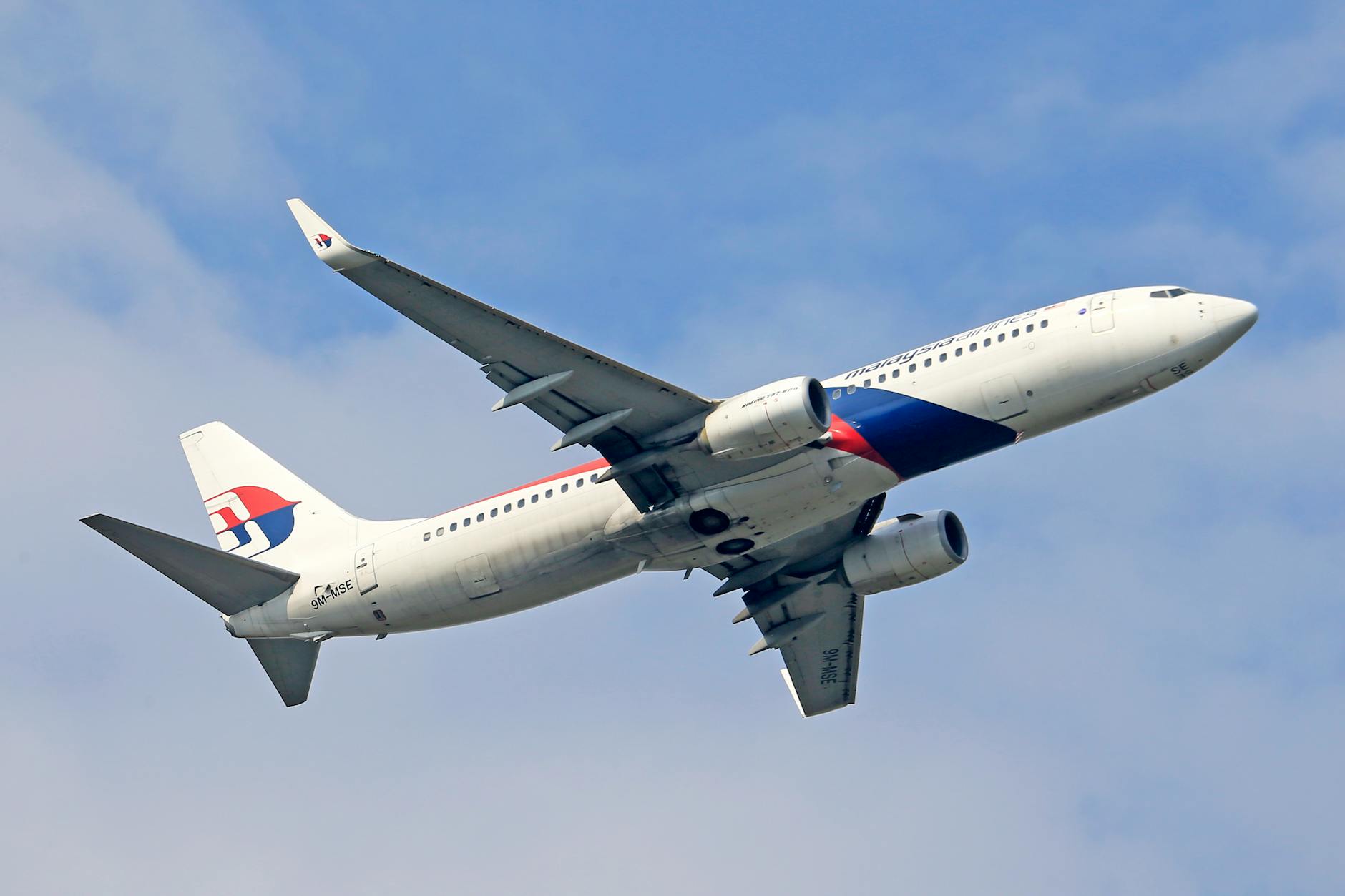A recent court decision has sent ripples across the aviation industry and among public safety advocates, as a criminal case linked to the devastating Boeing 737 Max crashes was formally dismissed. This development, occurring at the request of the Department of Justice, has ignited a fervent debate about corporate accountability and the paramount importance of ensuring air travel safety for all.
Judicial Scrutiny: Questioning the Path to True Accountability
The dismissal, while fulfilling a request from the nation’s top legal enforcement agency, was not without significant judicial reservations. A presiding judge vocalized profound concerns, explicitly stating that the non-prosecution agreement established with the aircraft manufacturer “fails to secure the necessary accountability to ensure the safety of the flying public.” This candid assessment underscores a deeper skepticism regarding whether current legal frameworks are sufficiently robust to address the complexities of corporate conduct in cases with such widespread impact.
Unanswered Questions: What Does This Mean for Air Travel Safety Standards?
The core of the judicial apprehension revolves around the effectiveness of the agreement in fostering genuine corporate responsibility and preventing future tragedies. The agreement, intended to resolve the legal implications stemming from incidents that led to multiple fatalities, is now being scrutinized for its perceived inadequacies in guaranteeing robust safety protocols. The judge’s pointed critique highlights a crucial disconnect: the resolution of a legal proceeding versus the enduring imperative to uphold and rigorously enforce the highest standards for air travel safety, ensuring peace of mind for passengers globally.
While the criminal case against the aerospace giant has reached its legal conclusion with dismissal, the conversation around corporate accountability and the unwavering commitment to public safety in air travel is far from over. This outcome serves as a potent reminder of the ongoing challenges in balancing justice with the complex realities of large-scale corporate operations, leaving many to ponder the ultimate implications for future regulatory oversight and the trust placed in those who design and operate our skies.

Leave a Reply